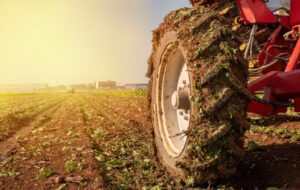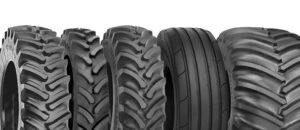
Finding the Best 11.2 24 Tractor Tires for Your Farming Needs
11.2 24 Tractor Tires As an individual who engages in agricultural activities, it is common knowledge that the triumphant nature of your undertaking is inextricably
The sphere of tractor tires is a perplexing one, as these critical components play a vital role in both agricultural and construction endeavors. With their tireless ability to withstand a gamut of terrain conditions while providing exceptional traction, it’s no wonder they are a crucial aspect of tractors. In this blog, we delve into the mystifying world of tractor tires, uncovering the myriad types and their specific functions.
First on our journey, we encounter Industrial Tractor Tires (R4), which are a marvel of engineering. These tires, designed for use on construction sites, specifically on forklifts, are crafted from a rugged rubber material that can withstand the relentless wear and tear of concrete, asphalt, and gravel roads. Their remarkable dry-condition traction makes them a go-to for construction sites.
Next, we come across Agricultural Tractor Tires, crafted for performance on loose and soft field surfaces, without causing damage to the soil or crops. These tires are designed to maximize tractor productivity and fuel economy, while offering unrivaled traction on wet land and hard ground terrains.
R-1/R-1W Tires, also referred to as agricultural or ag tires, are commonly found on farms. These tires boast a deep bar-lug tread with angles ranging from 23 to 45 degrees, or curved lugs that merge two angles, offering the best of both worlds.
R1 Tractor Tires are a farmer’s best friend, ideal for everyday farm chores. They perform admirably in muddy fields and dirt, yet may not be as effective in snow. However, the R-1W farm tire is a more aggressive type, with a tread pattern specifically designed for deep mud or clay.
Finally, it is crucial to note that, with time, tractor tires may exhibit signs of aging, such as cracks or bubbles on the surface. Replacement agricultural tractor tires come in various sizes and styles to cater to specific agricultural needs, with front and rear tractor tires and tractor tire tubes available.

11.2 24 Tractor Tires As an individual who engages in agricultural activities, it is common knowledge that the triumphant nature of your undertaking is inextricably

Introduction: Tractor tires are a fundamental aspect of any agricultural or farming enterprise, with their influence on the performance and efficiency of the tractor being
